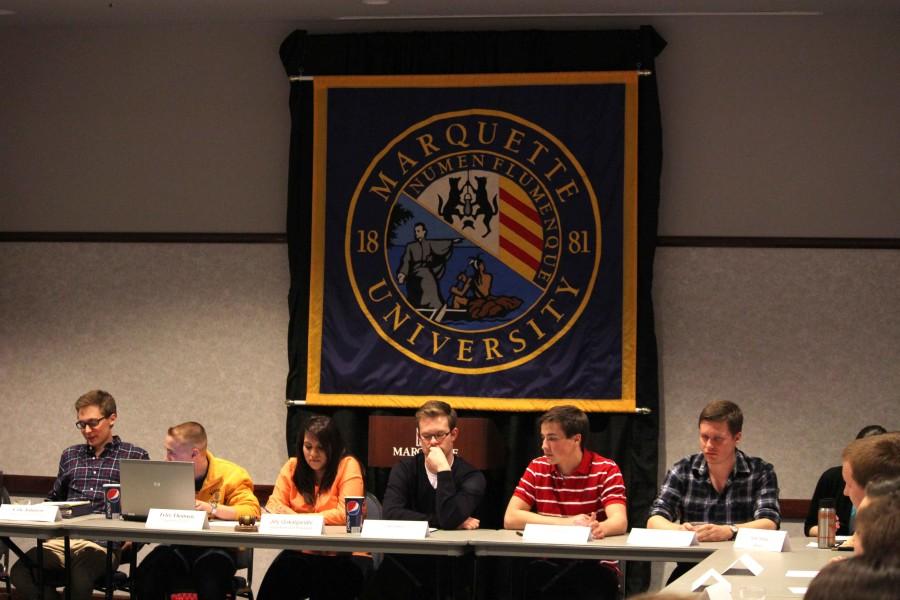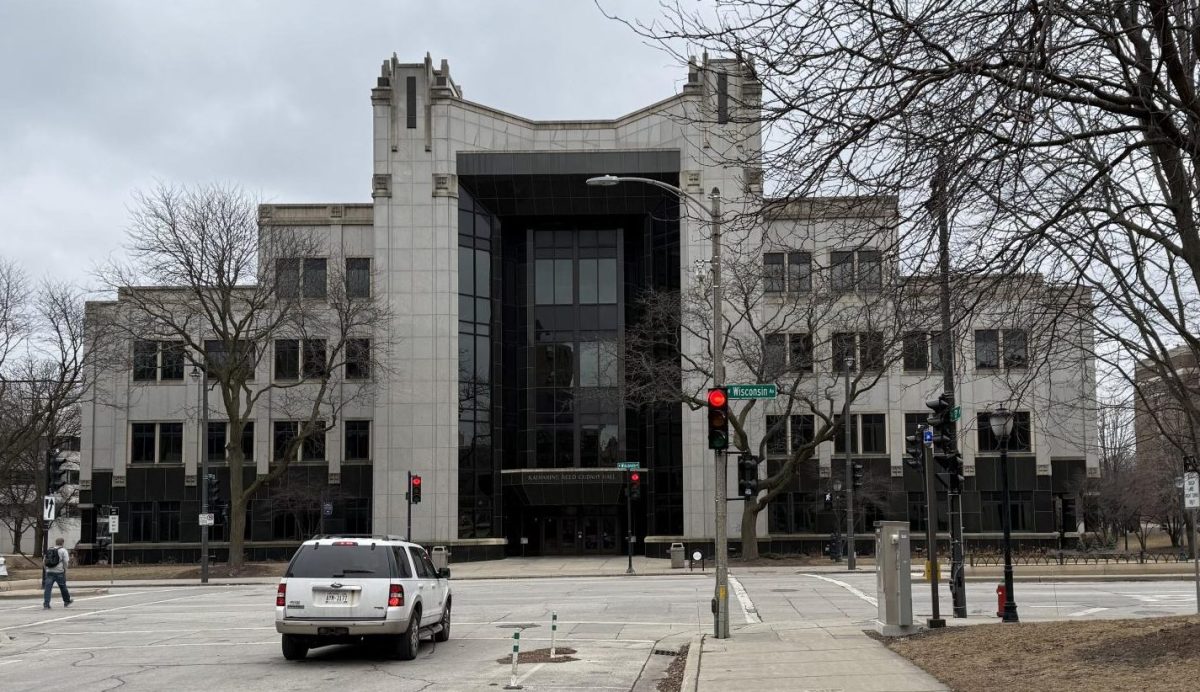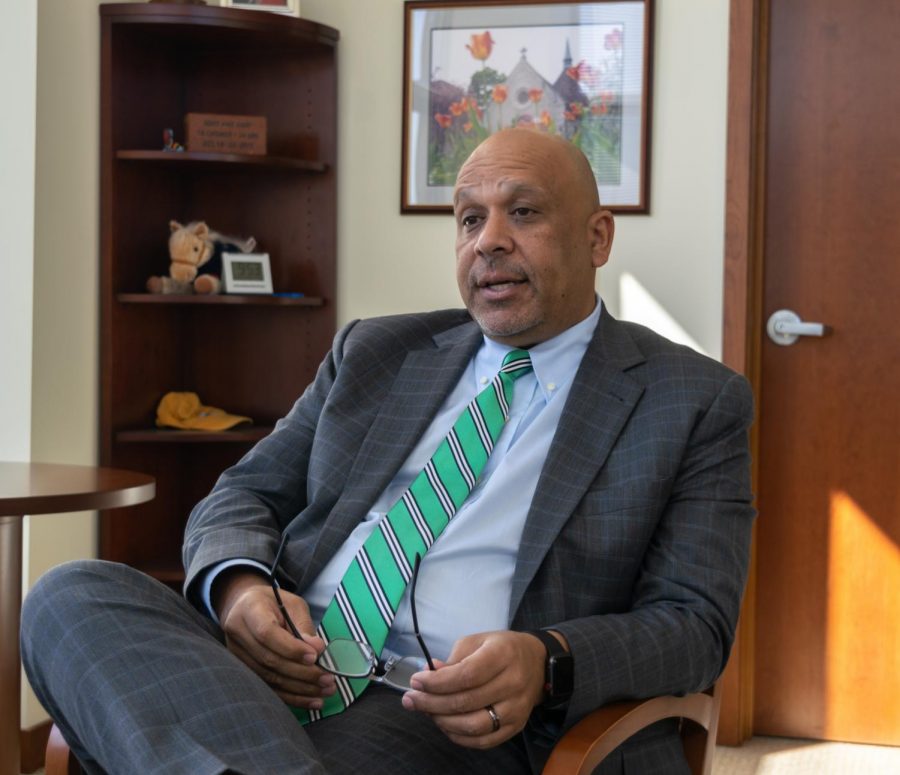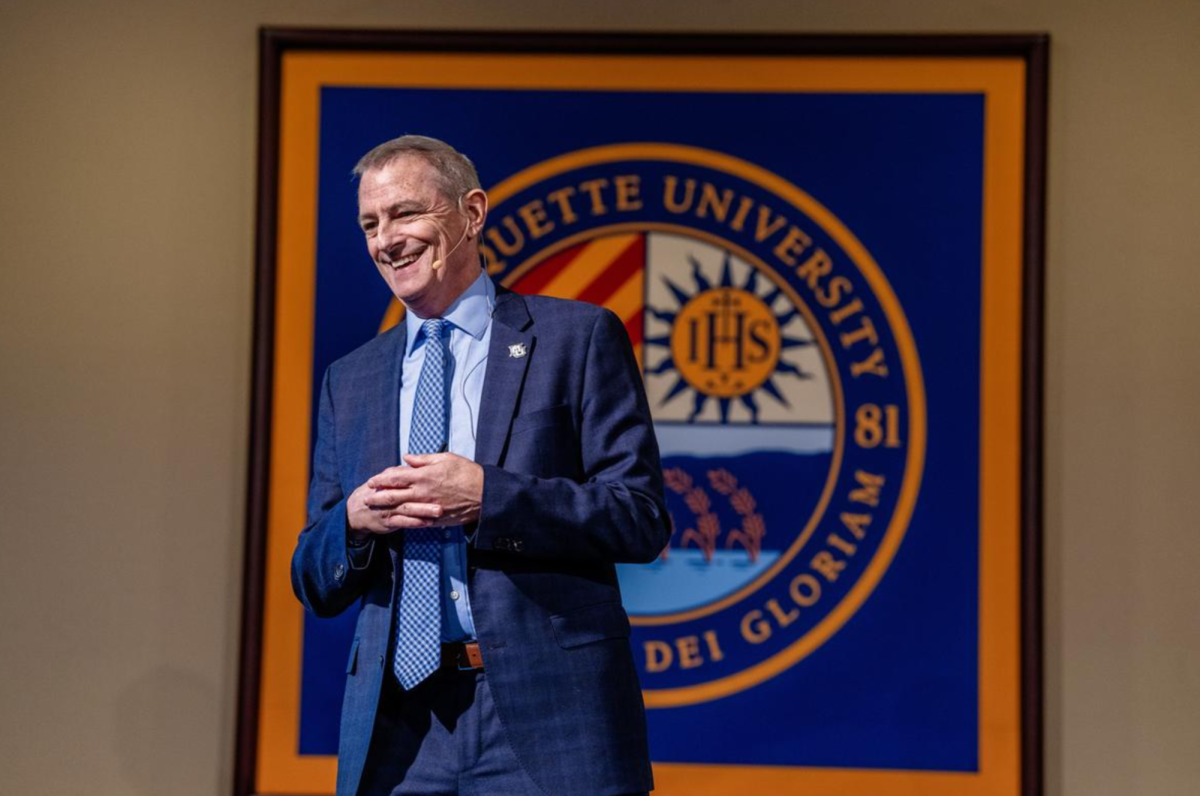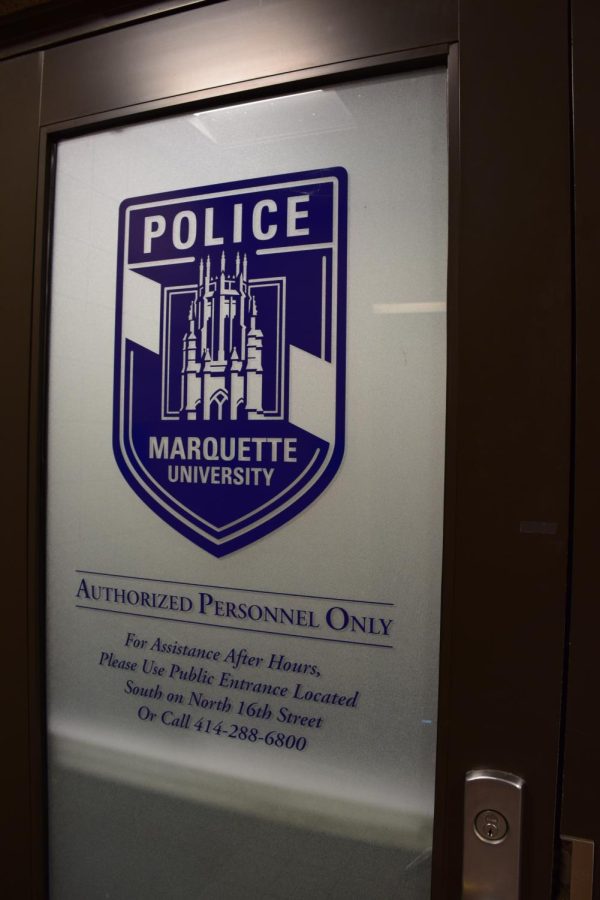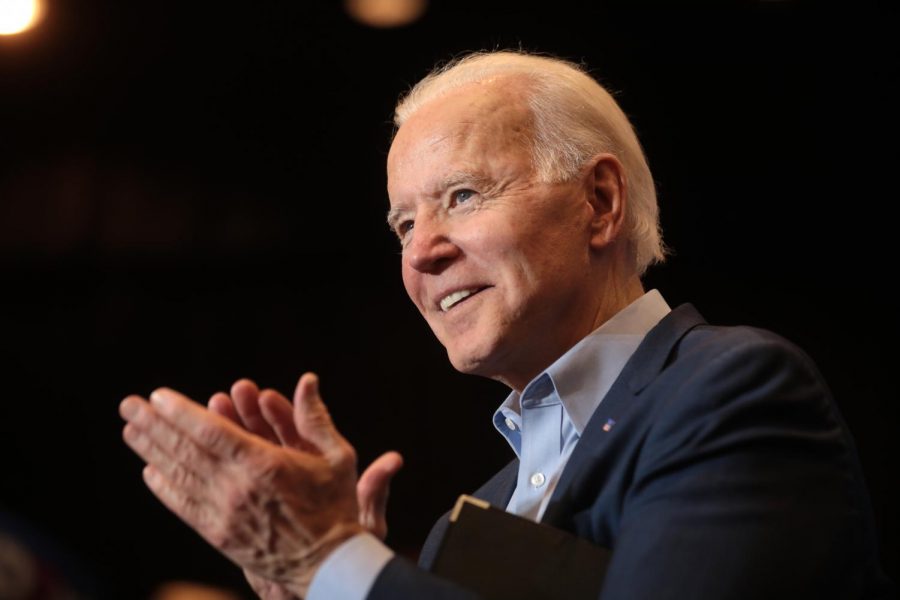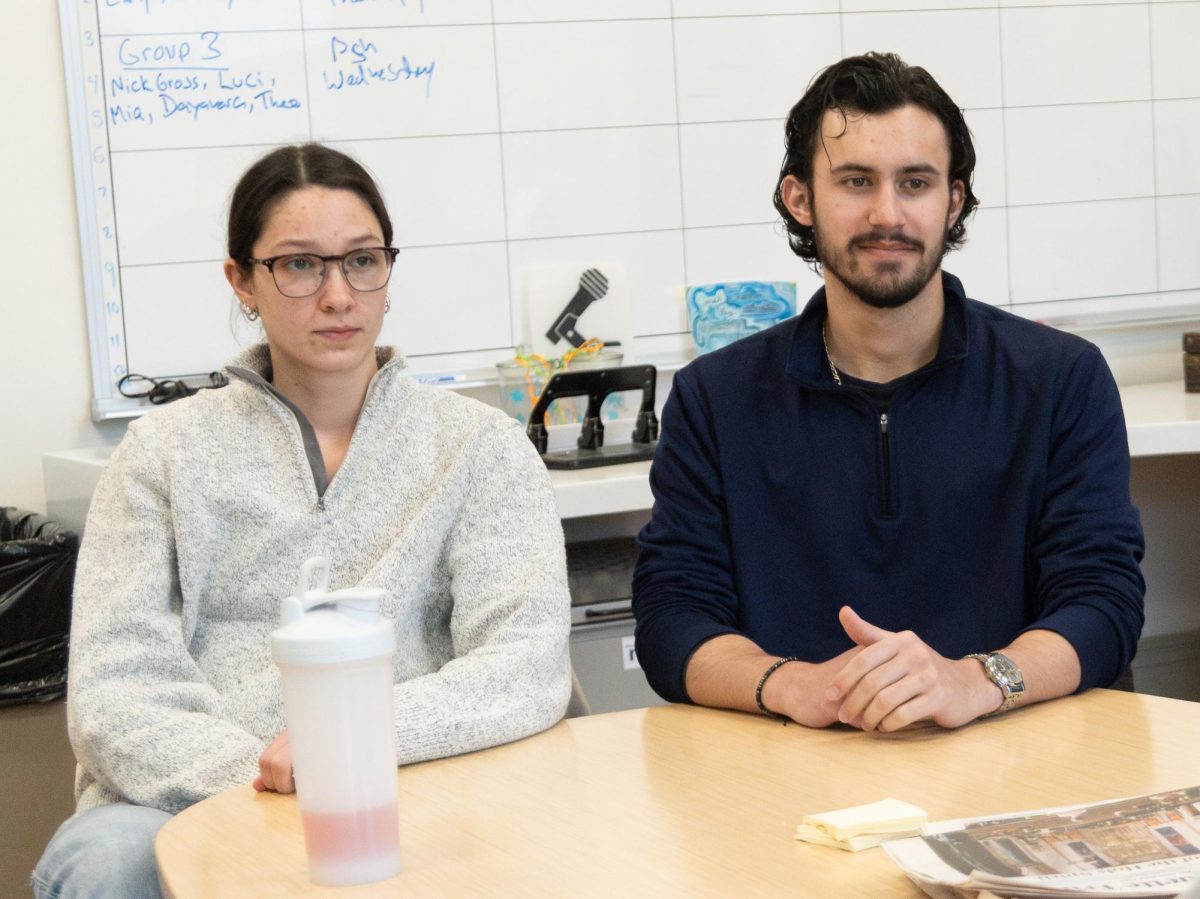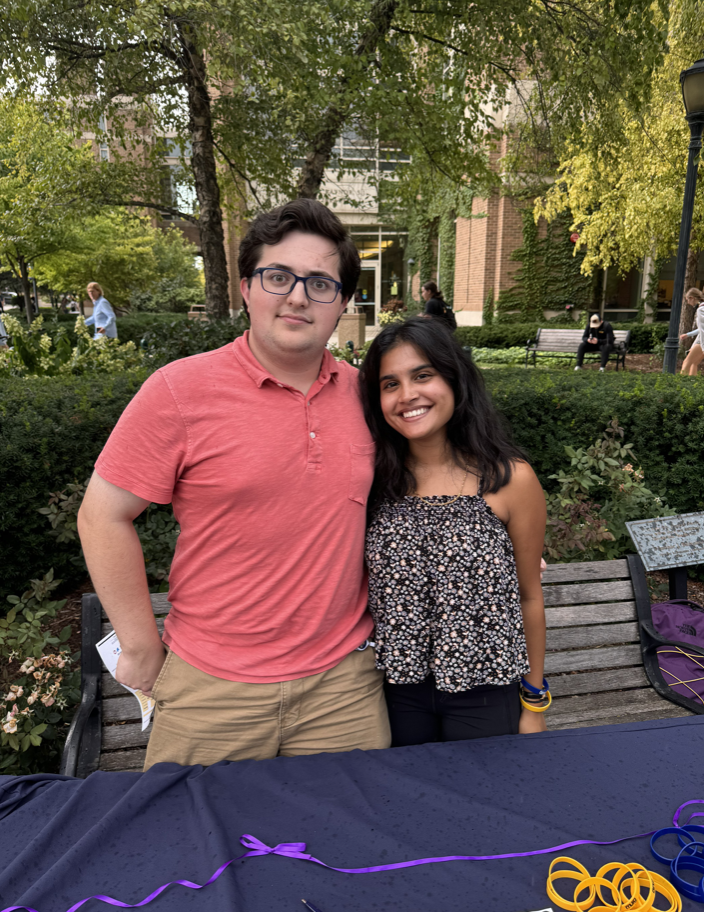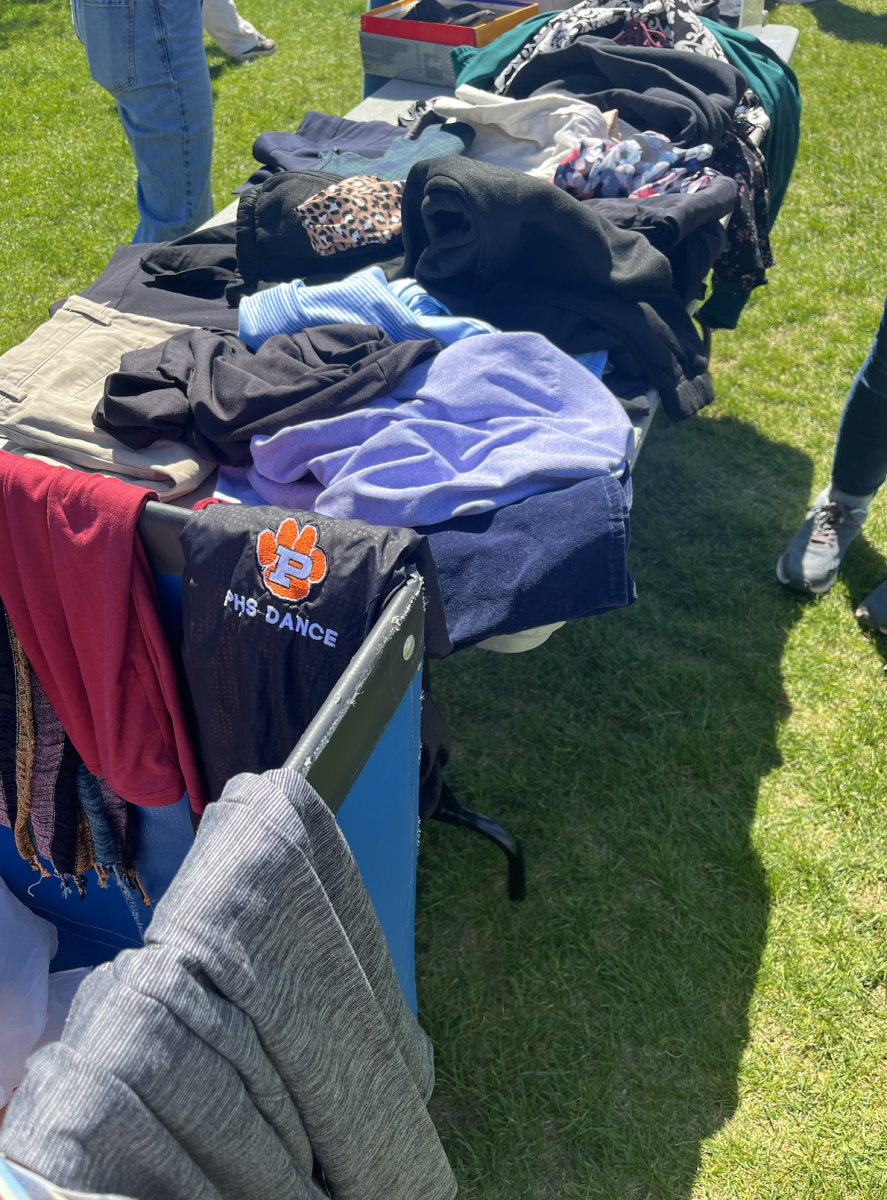Budget
Marquette Student Government unanimously passed its budget for fiscal year 2014 at its meeting Thursday. The budget had been debated in committees for the two weeks since it was proposed, leading to the vote last week.
MUSG Financial Vice President Cole Johnson, a sophomore in the College of Businesses Administration, was the leader of the budget committee that has worked on building the budget since February.
The budget committee, which also included former President Arica Van Boxtel, outgoing Programs Vice President Matt McGonegle, new Programs Vice President Tyler Tucky, former Arts & Sciences Senator and new Executive Vice President Zach Bowman and Schroeder Hall Senator Thomas Schick, talked to students and MUSG senators and analyzed past years’ fiscal trends to build the budget.
“We have constant concerns with how we allocate resources,” Johnson said. “We have a huge variety of conflicting interests, needs and concerns that need to be addressed.”
Those conflicting concerns were addressed over the past two weeks. The senate briefly debated the budget, with several senators speaking in favor of it. After addressing some questions about how the budget allocated money for the National Jesuit Student Leadership Conference, all 25 senators in attendance voted to approve the budget.
Legislative Vice President Kyle Whelton, a sophomore in the College of Arts & Sciences, said budget concerns won’t be at the forefront of the senate for the foreseeable future.
“The only time the budget comes into play is when the FVP needs senate approval for a line item movement,” Whelton said.
Heidi Vering
Heidi Vering, the associate director for the Marquette Office of Disability Services, spoke with Marquette Student Government at its meeting Thursday about disability issues on Marquette’s campus. Vering focused on accessibility issues facing students, as well as potential services for the temporarily disabled.
Vering was invited to speak after Marina Murphy, a freshman in the College of Arts & Sciences, exercised her concerns over accommodations for temporarily disabled students to Whelton.
“The main reason I contacted (Vering) was because of Murphy,” Whelton said.
Vering spoke to inform the students about the role of ODS and challenges facing the office. The number of students receiving accommodation for some kind of disability has risen by 93 percent over the past five years, according to data compiled by ODS.
Vering also made it clear that even though Marquette does not have an Americans with Disabilities Act representative, her office is capable of making sure all necessary accommodations are made available to the students who need them.
The Disability Advisory Committee, which Vering leads, has put forth several recommendations to the university’s upper administration, including adding door openers for all student restrooms and developing electronic communications services for students with disabilities that affect their ability to navigate campus.
“It’s not necessarily a legislative issue, but it’s something that we need to talk about,” Whelton said.

